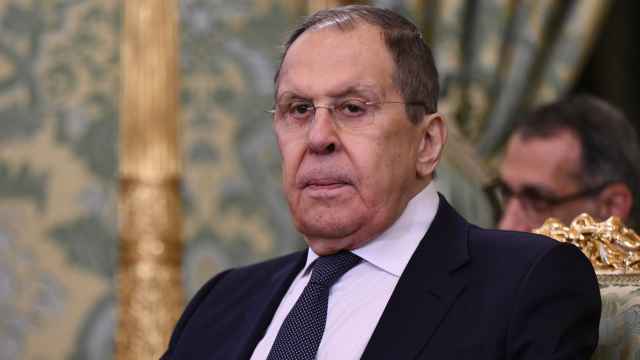More than 60 percent of Russian companies say that they have been victims of economic crimes like bribery, a report said.
Worldwide, the incidence of fraud is much lower, with 37 percent of companies having come into contact with it, according to research by PricewaterhouseCoopers released late last week.
The most common crime faced by businesses in Russia, identified by 69 percent of respondents who said they had been victims, was theft of assets by directors and employees, ranging from the embezzlement of cash to stealing company equipment. The second most common was bribery with 58 percent, more than double the 27 percent world average.
Forty-one percent of Russian executives told PwC that they had been asked to pay a bribe, and 42 percent said they had lost out on an opportunity to a competitor who they think paid a bribe, higher than a respective 18 and 22 percent worldwide.
While companies reporting fraud by persons outside their business organizations rose 9 percentage points since 2011 to 45 percent, the report paid particular attention to internal fraud and profiled a stereotypical Russian business "fraudster." The composite character was a man in his 30s with higher education and a position in middle or senior management.
The proportion of economic crimes committed by senior and middle management in Russia, 82 percent, has risen 9 percent points in the past three years. The PwC report, however, sees hope in the fact that Russian companies have higher rates than the global average for informing law enforcement about and issuing warnings to perpetrators of fraud. They also dismiss more internal fraudsters than the global average, and show less tolerance for dealing with external sources of fraud.
Of the more than 100 Russian organizations surveyed, 54 percent were private companies, 40 percent were publicly listed companies and 2 percent government sector entities. Thirty-nine percent of respondents worked in companies with more than 10,000 employees worldwide.


Graphs courtesy of PwC.
A Message from The Moscow Times:
Dear readers,
We are facing unprecedented challenges. Russia's Prosecutor General's Office has designated The Moscow Times as an "undesirable" organization, criminalizing our work and putting our staff at risk of prosecution. This follows our earlier unjust labeling as a "foreign agent."
These actions are direct attempts to silence independent journalism in Russia. The authorities claim our work "discredits the decisions of the Russian leadership." We see things differently: we strive to provide accurate, unbiased reporting on Russia.
We, the journalists of The Moscow Times, refuse to be silenced. But to continue our work, we need your help.
Your support, no matter how small, makes a world of difference. If you can, please support us monthly starting from just $2. It's quick to set up, and every contribution makes a significant impact.
By supporting The Moscow Times, you're defending open, independent journalism in the face of repression. Thank you for standing with us.
Remind me later.





